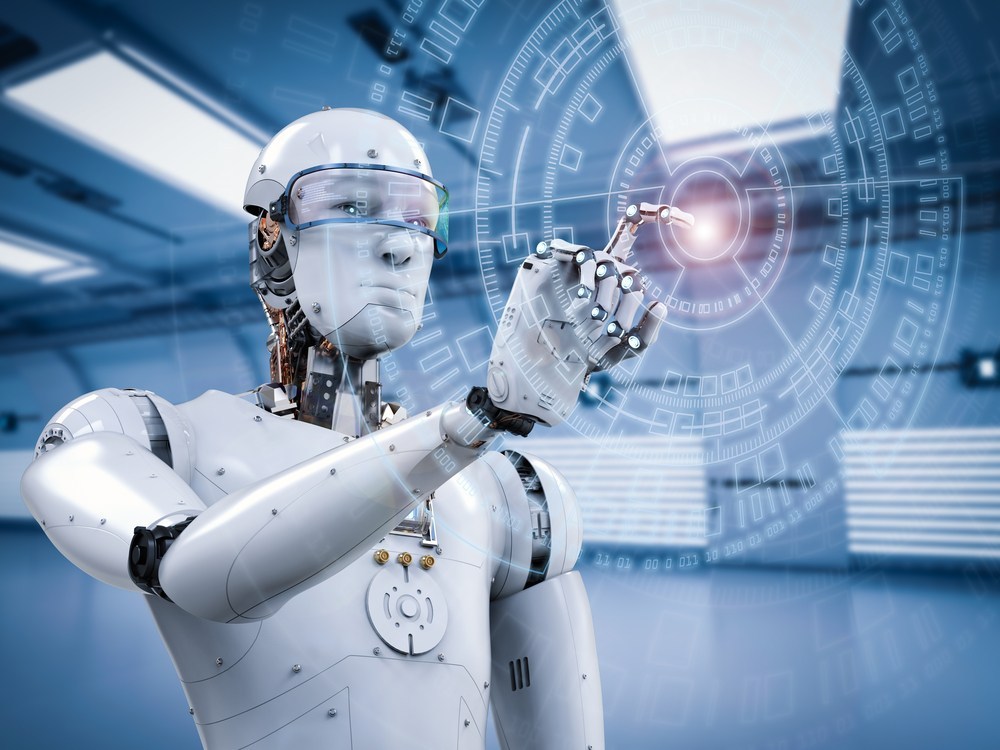CHALLENGES AND RISKS BUSINESSES FACING
Businesses all over the world, varied in business scale or industry, are limited by business challenges. However, these challenges are greater within businesses related much in traditional processes. The big challenges that businesses facing:
Input data manually from many data sources: Businesses have to process complex data formats, including soft copies and hard copies. And in order to process customer requirement, employee has to input data from many data sources into business database. This procedure takes much time and cost. Moreover, this manual work can cause error and unrelated data, lead to difference in business record or report.
Existing apps and different systems: Many businesses rely on existing apps of different systems, apps, software to run their business. When they implement new software such as ERP, BPM (Business Process Management), many businesses face with difficulties in integration with existing IT configuration. This implementation may cause partial or overall replacement of existing configuration, which costs much time, money and personnel.
Due to above challenges, many businesses are fogy with old systems, cannot adapt requirement of business growth and development.
Maintain policy and governance: All of businesses have to obey series of rules, standards, including tax law, security regulations. The update occurs often lead to business impact or restructuration based on the update. Although policy serves business operation, customer and employee, the compliance or noncompliance may cause financial or operational damage.

ROBOTIC PROCESS AUTOMATION (RPA) SOLUTION
What is RPA? Robotic Process Automation (RPA) is automation of business operation by using software robot, logging and modelling tasks on apps to process data, response …and connect to other digital systems. Robot is designed to automate, optimize precisely repetitive tasks. With “imitation” of human, robot is able to search data, process data, connect to other systems and conduct procedures precisely, quickly, effectively and consistently. Robot is connected to varied systems, varied platforms that are digitalized and run smoothly according to fixed regulations. Robot works like a human but not need human intervention.
What does RPA offer?
Applying RPA successfully will mitigate business obstacles in business. RPA can “free up” human resource at the rate 20%-30% as well as mitigate risks in operation and enhance customer experience. How:
Simplifying requirement processing: Normally, requirement processing is the most risky and time costly step, which needs high volume of human resource. Instead of manual execution, RPA reduces time for repetitive task, human errors. This means requirement is processed more effectively, precisely.
Simple scalability: The number of software robot can be increased or decreased within seconds, RPA has scalability. The change in number of software robot is also occur in a specific period in a day or a year, that has unusual numerous requirement. Beside temporary expanding of robot within a short time, businesses can scale the number of frequent robots for a long time due to growth demand.
Compatibility with no impact: Many service providers rely on existing systems and apps, so RPA is the right solution for businesses that desire to structurize business processes. RPA imitates click and mouse drag, interacts with software and app interfaces. Therefore, RPA can supplement to existing system, without any change of configuration from other IT service provider. RPA also can perform with minimum support form IT man of businesses due to no need of programing knowledge.
Improve compliance: Regulatory compliance is a key success factor of businesses. RPA ensures accuracy of data while software robot maintains logging operation steps. So, regulatory compliance is observed continuously through internal audit scripts. This allows businesses to monitor regulatory compliance as well as prepare well for any independent audit.